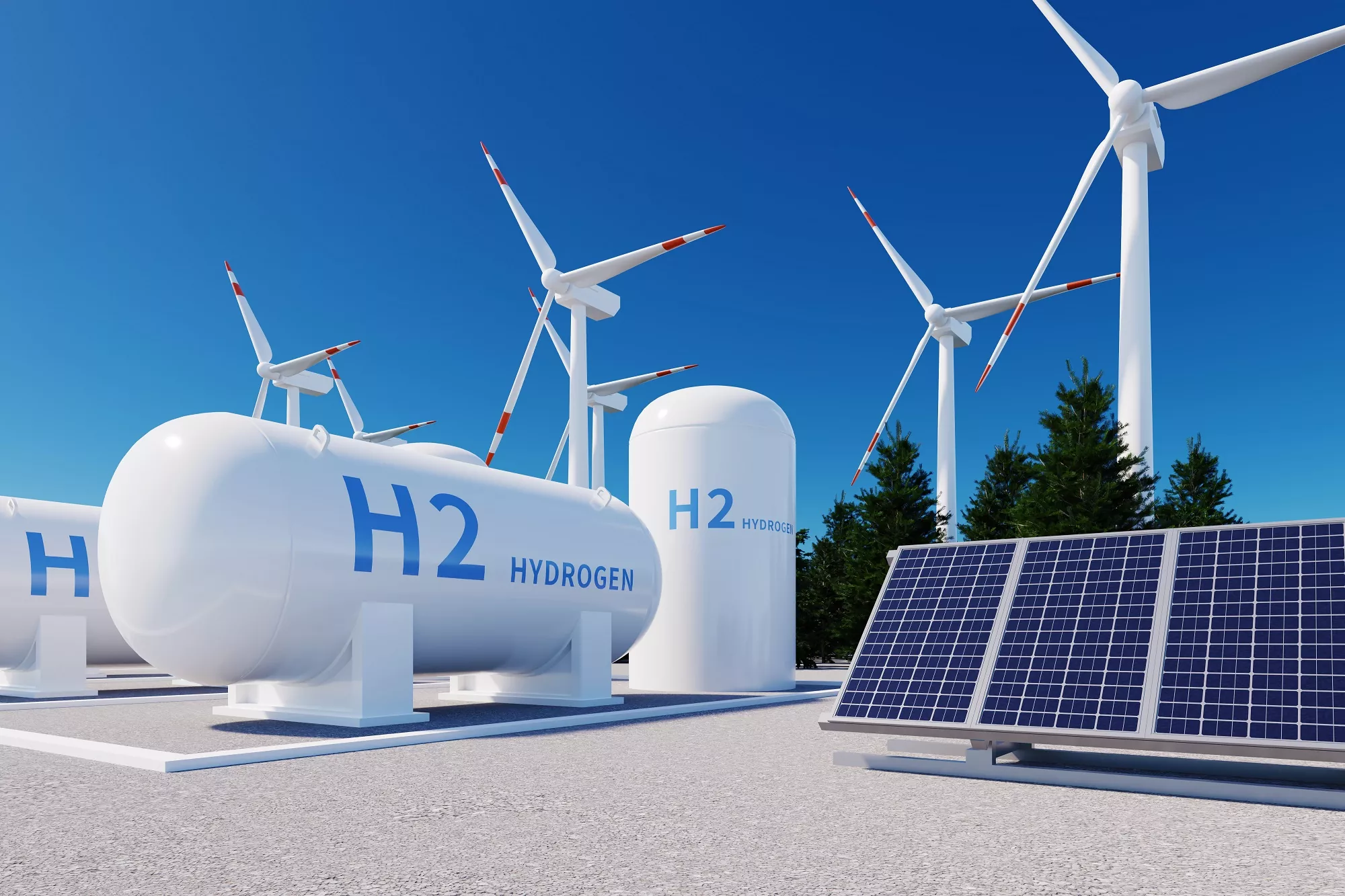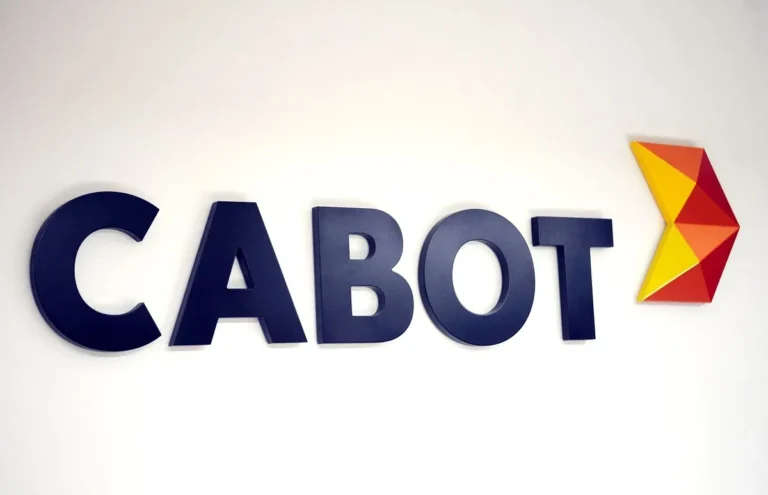
Mitsubishi Power Americas, through its subsidiary MHI Hydrogen Infrastructure (MHI H2I), has announced the signing of a significant subrecipient agreement with the Pacific Northwest Hydrogen Association (PNWH2). This agreement is a pivotal milestone in the development of the Boardman Hydrogen Hub project, a key component of the U.S. Department of Energy’s (DOE) H2Hubs Program. As one of seven regional hydrogen hubs designed to decarbonize the U.S. energy sector, the PNWH2 Hub is advancing through Phase 1 of the program, furthering its mission to establish clean hydrogen infrastructure and technologies across the region.
The agreement formalizes nearly two years of collaboration between MHI H2I and PNWH2, enabling continued progress on the Boardman Hydrogen Hub and providing access to federal funding through the DOE’s Office of Clean Energy Demonstrations (OCED). The DOE’s substantial investment in hydrogen hubs is one of the largest in the agency’s history, laying the groundwork for a national clean hydrogen network that is set to transform the energy landscape.
The PNWH2 Hub spans Washington, Oregon, and Montana and consists of eight interconnected project groups, referred to as nodes. The hub will leverage the region’s abundant renewable energy and innovative technology to scale clean hydrogen applications across several sectors, including heavy-duty transportation, cement and fertilizer production, power generation, and port operations. The goal is to create sustainable, long-term solutions to decarbonize industries that are challenging to electrify.
MHI H2I is leading Node 6 of the hub, in partnership with Portland General Electric and Williams. This node is focused on hydrogen production for clean electricity generation and the delivery of hydrogen to Node 3, where it will be liquefied and used for heavy-duty transportation. At the core of Node 6’s development is the production of hydrogen through electrolysis, combined with the use of 100% hydrogen-capable turbines for peak power generation. A hydrogen pipeline will connect the production site to Node 3, facilitating long-duration energy storage and hydrogen delivery for transport sector applications. This innovative approach is expected to drive the growth of clean, dispatchable electricity generation in the region.
Scott Neumeister, Director of Regional Business Development at MHI Hydrogen Infrastructure, emphasized the significance of this step for the company and the broader hydrogen economy in the U.S. “This agreement strengthens our position within the PNWH2 Hub and underscores our commitment to advancing the hydrogen economy,” Neumeister said. “The Pacific Northwest is well-positioned to become a national leader in low-carbon, economically viable green hydrogen production. Building hydrogen infrastructure at scale in the U.S. is critical, and developing robust commercial frameworks for long-term services and support will be key. While there are significant challenges, they also present exciting opportunities to innovate and collaborate across the industry toward a carbon-free energy future.”
Chris Green, President of the Pacific Northwest Hydrogen Association, also spoke to the importance of the formalization. “Our dedicated group of partners forms the backbone of PNWH2’s efforts to accelerate investment in and deployment of clean hydrogen technologies,” Green stated. “This agreement marks an important step in laying the groundwork for the Hub’s development and sets us on the path to making the Pacific Northwest a leader in clean energy manufacturing and job creation.”
The DOE’s Regional Clean Hydrogen Hubs Program, funded by the Bipartisan Infrastructure Law, is a cornerstone of the U.S. government’s efforts to establish a clean hydrogen economy. This initiative will help create a national network of hydrogen producers, consumers, and infrastructure, facilitating the production, storage, delivery, and use of clean hydrogen across multiple sectors. The H2Hubs are expected to foster the commercialization of clean hydrogen, which will provide new energy storage solutions, reduce emissions in hard-to-decarbonize sectors, and generate clean, dispatchable power.
The Pacific Northwest Hydrogen Hub is set to play a crucial role in this national initiative. As the clean hydrogen ecosystem grows, it is expected to bring significant benefits to local communities, including job creation, economic development, and improved energy security. The partnership between MHI H2I and PNWH2 represents a step forward in making the Pacific Northwest a key player in the clean energy transition.
In addition to this agreement, Mitsubishi Power Americas has been named a sub-recipient in two other clean hydrogen hubs announced by the U.S. Department of Energy, underscoring its role as a leading player in advancing hydrogen infrastructure and technology across the U.S.
As the U.S. accelerates its efforts to achieve a carbon-neutral energy future, projects like the Boardman Hydrogen Hub are helping to shape the national energy strategy and pave the way for a sustainable, hydrogen-powered economy.





